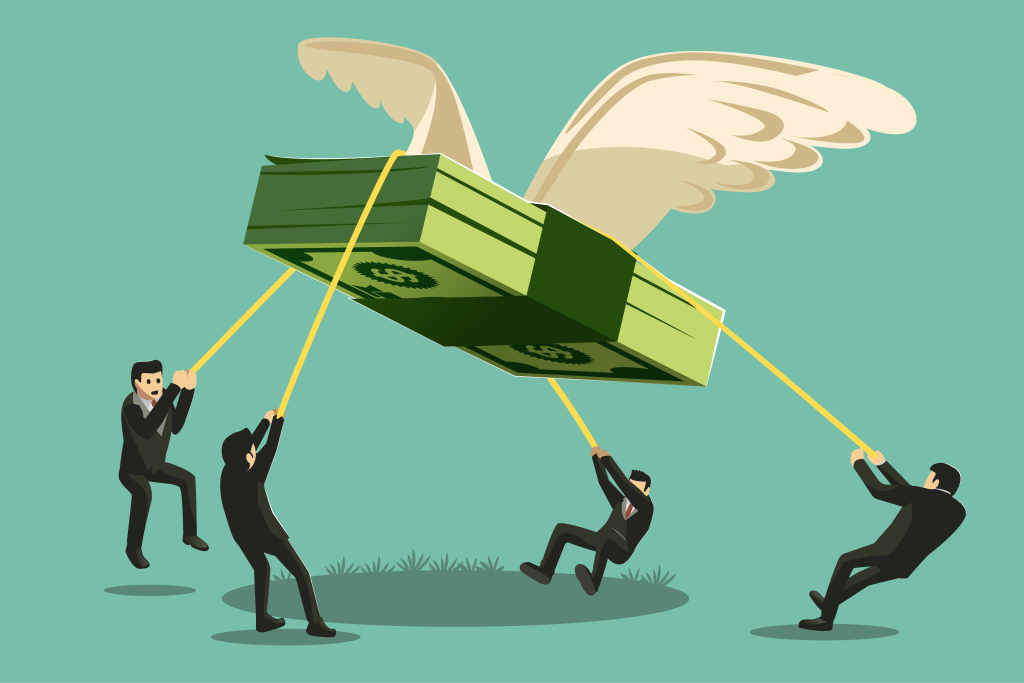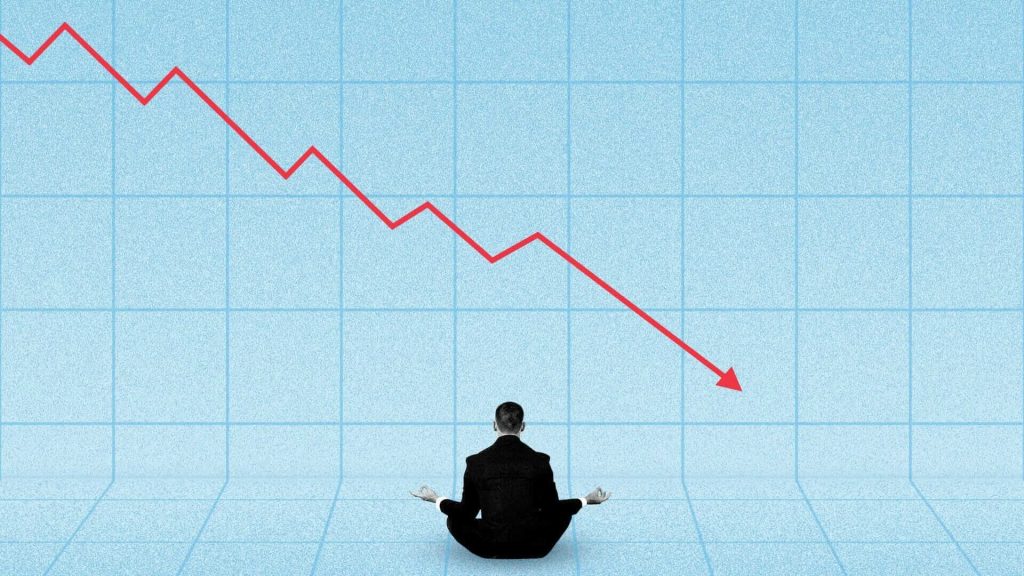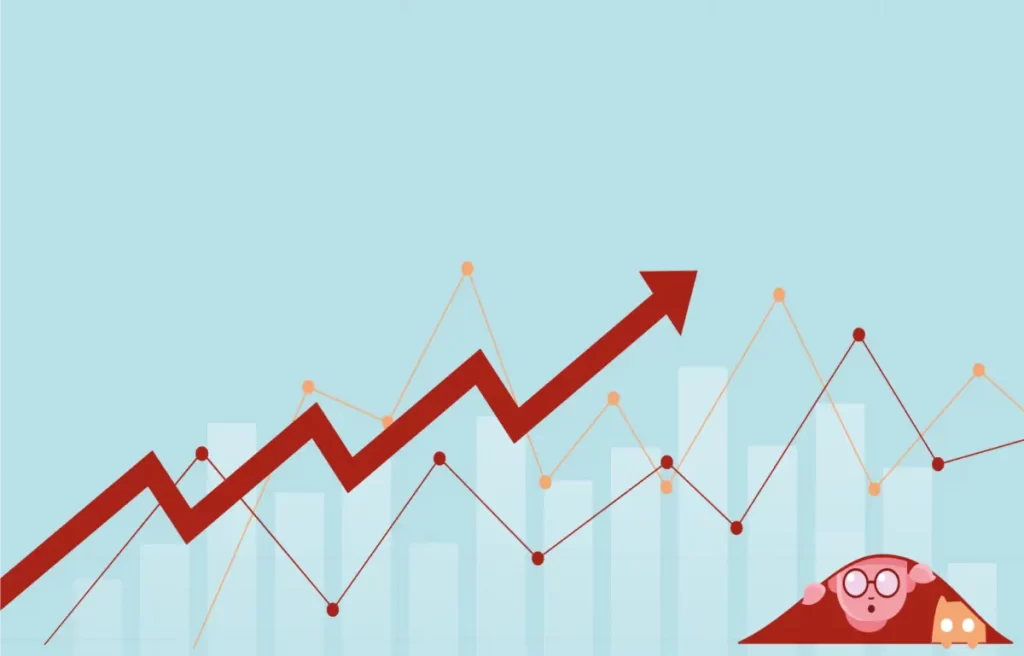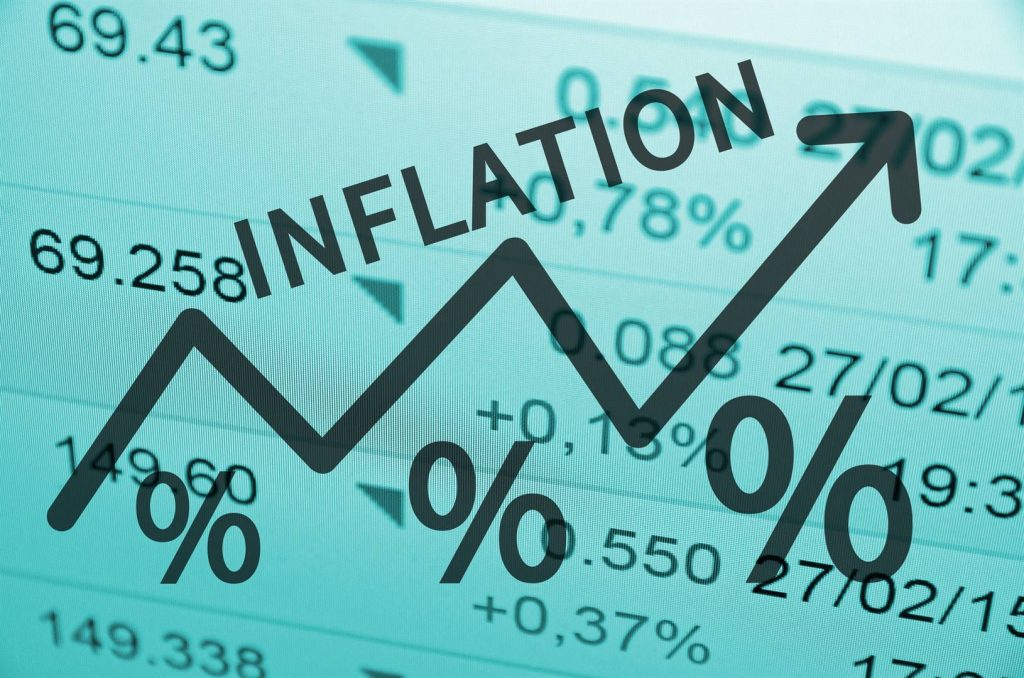Inflation Reasons and Why Do People Talk About It?
Inflation is something that you might have heard about. However, you may be wondering what is inflation reasons, why do people talk about it, and what are the causes of inflation.
Table of contents
What Causes Inflation?
Inflation occurs when the cost of goods and services increases rapidly in an economy. It can be caused by a variety of factors, from a lack of materials to an increase in labor costs.
A rapid rise in prices can diminish the purchasing power of consumers. This can cause a downward spiral for the economy. Generally, when prices are rising, workers will request higher wages. Businesses will raise their prices to absorb the extra costs.
The Federal Reserve uses three tools to control it. One method is monetary policy. They can increase the money supply, or they can issue stimulus payments.

Another way is through cost cutting measures. These can lead to budgetary cuts and wage reductions. Sometimes, they also push the economy into recession.
Some countries have seen a high rate of inflation over the last 12 months. Oil prices are a contributing factor. There are also supply chain bottlenecks.
These bottlenecks are temporary. Many companies are experiencing rising costs, which are not being able to adjust their sales prices.
Demand-pull theory states that inflation accelerates when the aggregate demand exceeds the productive capacity. Higher wages also make it more expensive for businesses to produce goods and services.
High rates of inflation reasons can also cause people to lose jobs. Losing a job will decrease the value of their assets, and could affect their financial security.
When Will Inflation Go Down?
With inflation hovering above 40-year highs, it’s hard to say when it’s going to go down. It could cool off, as it has over the past few months, or it might continue its climb. In fact, it’s so hard to gauge the effects of inflation that the Federal Reserve has repeatedly hiked interest rates in order to combat it.
There are several inflation reasons for the ongoing increase in prices. One factor is globalization. Since trade across the globe has been disrupted due to the conflict in Russia, the costs of many key goods have gone up.
Another factor is labor shortages. The coronavirus pandemic created labor shortages and price spikes on manufactured goods.

Energy costs have also risen significantly. Oil prices have jumped more than twenty percent over the last year.
Food costs have also increased. Labor shortages and supply chain issues have contributed to higher costs.
Finally, housing costs have a big impact. Increasing mortgage costs will likely make it more difficult for consumers to save for a down payment.
A consumer price index, or CPI, is a measure of prices for a representative basket of goods and services. This index is often the best way to gauge inflation.
Unlike other measures, the CPI measures changes over a period of time. When the rate of change increases, that’s a good sign that prices are rising.
How Do Interest Rates Affect Inflation
Inflation is a term that refers to a rise in the cost of goods and services over time. This increase in prices can affect the way we live, and can even have a positive or negative effect on the economy.
One of the easiest ways to determine whether inflation reasons is high or low is to look at interest rates. Typically, when an interest rate increases, the inflation rate will go down, as it reduces the amount of money available for borrowing.
However, the relationship between interest rates and inflation is far more complex than simple supply and demand. During a period of rapid inflation, businesses may be forced to lower their prices to attract consumers. And during a recession, higher interest rates can be counterproductive.

The best ways to keep your inflation in check are to protect your assets, and to invest in a healthy stock market. While these measures might not be as effective as some other solutions, they are at least better than a runaway inflation.
Although it is not entirely clear how interest rates and inflation interact, there are some important similarities. For example, the Fed uses interest rates as part of its monetary policy.
Interest rates can also influence the effectiveness of fixed income investments. Fixed income investments such as CDs and savings accounts can have a higher price tag because their purchasing power is less.
Which Country Has The Highest Inflation Rates?
Among the countries with the highest inflation rates are Argentina, Venezuela, Russia and Turkey. These countries are struggling with rising prices for their daily necessities. Deflation is also a real problem.
According to a report by Investment Monitor, 172 countries have been measured for inflation. Most of them have a high rate, and more than half of them are in double-digits.
Inflation is measured by the Consumer Price Index, which is a measure of how much money consumers spend on a variety of goods and services. Almost half of the countries have inflation higher than 8.6%, which is the United States’ average.

The Organization for Economic Cooperation and Development, or OECD, ranks the U.S. among its 36 member nations, but the U.S. is still in the bottom quartile in terms of inflation.
Israel’s consumer price index was at a 14-year high in July, and its annual inflation reached 5.2%. This is the fastest growth in two years.China has seen a rise in inflation, though it is still the world’s least-inflationary country. Although its economy has shifted, it is striving to be energy independent.
Spain, Italy and Germany all have double-digit inflation rates. While the United Kingdom has an inflation rate that is nearly one-fifth lower than the U.S., supply chain issues and transportation costs have pushed up prices.
For many countries, fuel and housing are driving their inflation. In fact, many African countries are struggling with the issue.
Trends in US Inflation
At an average annual inflation rate of about 1.8% over the previous ten years, current US inflation has been quite low. Inflation has, however, increased significantly in 2022, hitting its highest level in 39 years. The CPI increased by 6.5% from a year prior in October 2022, reaching its highest level since November 1990.
| Year | Inflation Rate (%) |
| 2012 | 2.1 |
| 2013 | 1.5 |
| 2014 | 0.8 |
| 2015 | 0.7 |
| 2016 | 2.1 |
| 2017 | 2.1 |
| 2018 | 1.9 |
| 2019 | 2.3 |
| 2020 | 1.4 |
| 2021 | 6.2 |
| 2022 | 6.5 |
Supply chain problems, increased demand for products and services as a result of the economy’s recovery from the COVID-19 epidemic, and government stimulus programs are some of the causes of the recent spike in inflation. The Fed has stated that it expects inflation to return to its target rate of 2% over the medium term and that it thinks the current inflationary pressures are probably just temporary.
Final Thought
Inflation affects individuals and nations in diverse ways. Due to manpower shortages, supply chain bottlenecks, and energy costs, prices grow significantly. Inflation affects food, housing, assets, and financial security. Monetary policy and cost-cutting can help governments and central banks control inflation, which has many sources and is hard to anticipate. Despite worldwide attempts to fight inflation, many countries still have high rates.
You can click here for current developments about inflation.
FAQ
The money supply, production costs, and supply chain interruptions can induce inflation. Growing economies, increasing demand for products and services, and exchange rate fluctuations can all cause inflation.
Inflation is a steady rise in an economy’s price level. Inflation may occur if the price of a loaf of bread rises from $2 to $3 in a year and other commodities and services follow suit.
Inflation can be beneficial or harmful. Moderate inflation can boost economic growth by encouraging businesses and consumers to spend and invest. High inflation can devalue money, raise living costs, and cause financial instability.
Tightening monetary policy, cutting government expenditure, or raising taxes can limit inflation. Central banks can raise interest rates to curb demand and inflation by making borrowing more expensive. Supplying more goods and services to meet increased demand can lower prices.
If inflation factors ease, prices may stabilize. Consumer spending may rise as prices fall, boosting economic growth. Yet, unchecked inflation can cause a recession, which is bad for the economy and its people.





